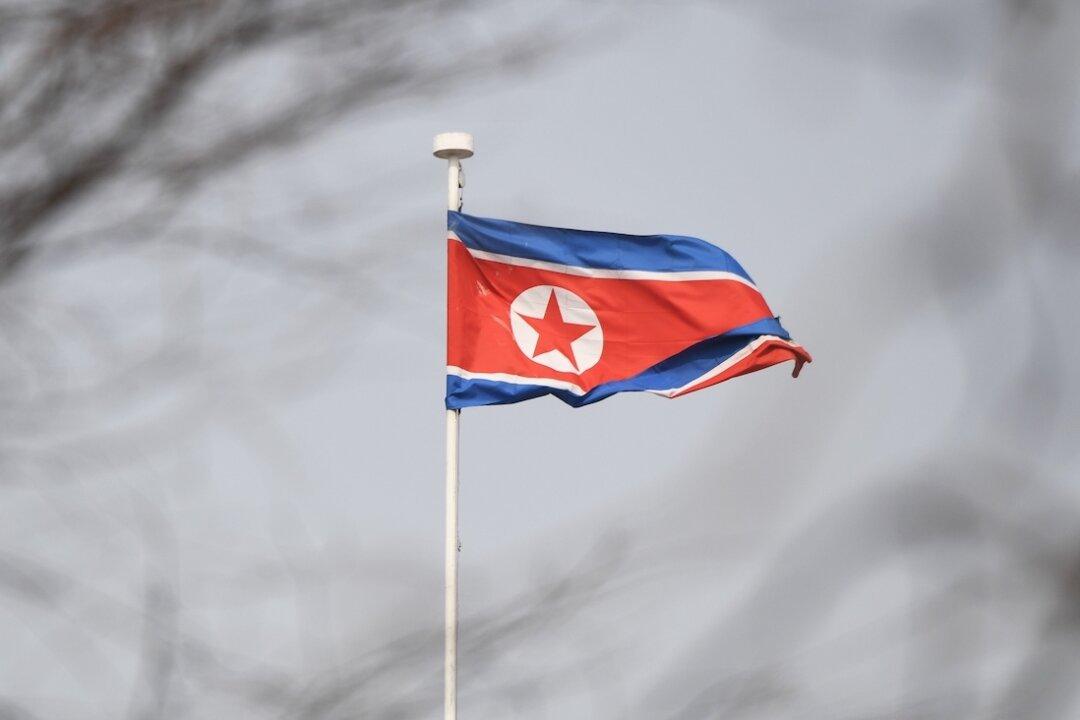North Korean oil smugglers have been registering their ships in Pacific nations and sailing under the flags of those nations to evade sanctions, according to former U.N. experts.
There were at least 17 ships registered in the Pacific nations of Palau, Niue, the Cook Islands, and Tuvalu, the U.S.-based Center for Advanced Defense Studies stated in its sanctions database, which was viewed by Agence France-Presse (AFP).





